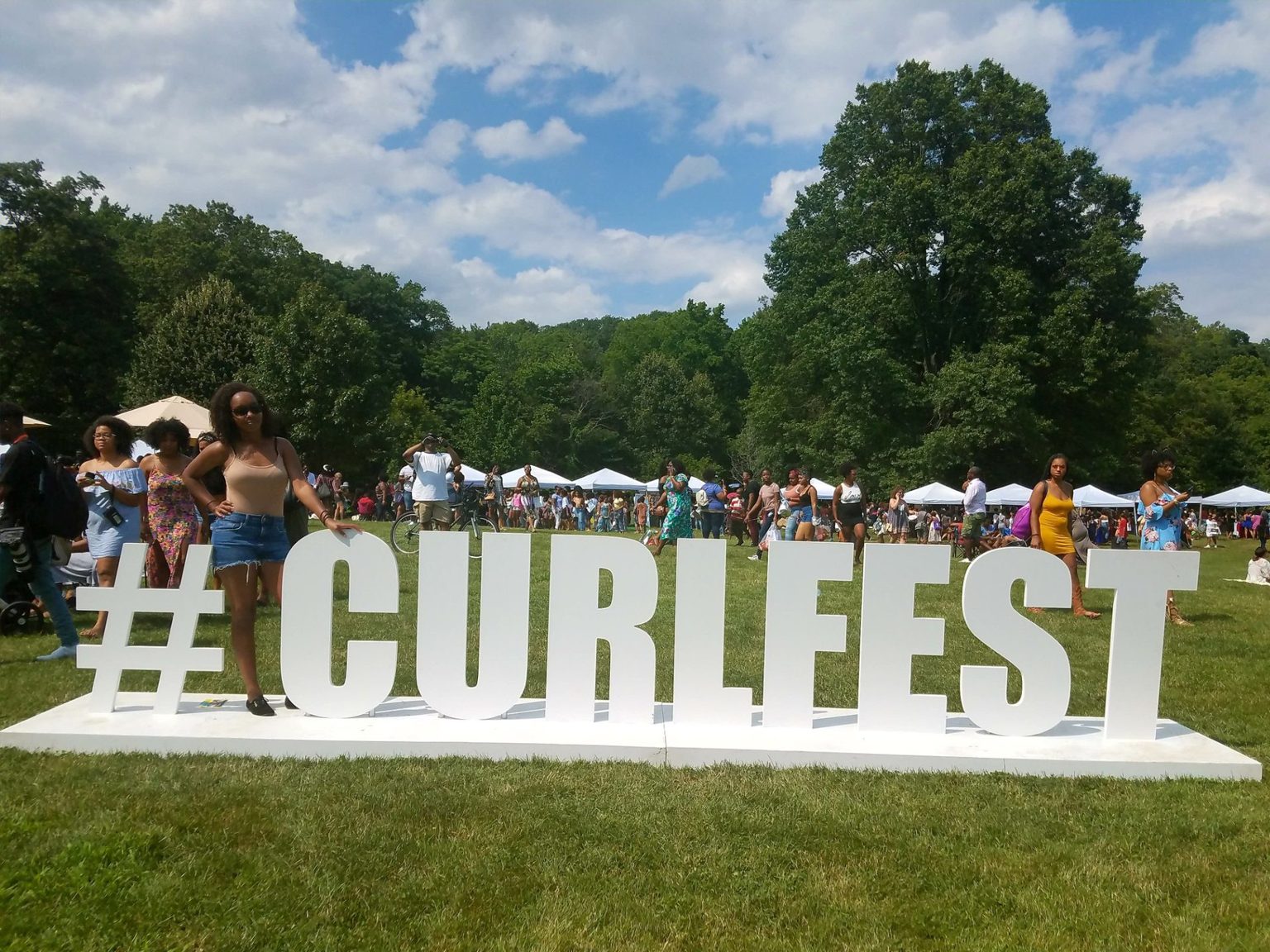The natural hair journey is empowering and liberating, but it may be overwhelming for new naturals. When starting my natural hair journey, I went through trial and error figuring out how to manage my hair. Looking back, there are things I’d never do today. There are also things I wasn’t doing that I later learned were crucial for healthy hair. I’m sharing tips that I believe are important for all new naturals to know:
Detangle Hair From Ends to Roots
The ends of your hair are the oldest part, this means it needs a more gentle touch. When detangling your hair, start from the ends and work your way up to the roots. This way you aren’t ripping your hair out and causing breakage. This tip applies when finger detangling or detangling with a hair tool.
Deep Condition Regularly
This is the most important tip, IMO. Deep conditioning is the holy grail to having and maintaining healthy curls. It helps restore your hair’s strength, prevent breakage, and add moisture. Deep conditioning became a weekly routine for me when transitioning. I still deep condition weekly as a natural because I love how healthy, soft, and moisturized my hair feels after.
Use Minimal, to no, Heat
Most new naturals learn that heat is a big no-no for our curls because of the risk of heat damage. I don’t use heat often but do think you can get away with using heat once in a while. The major key is to properly prepare your hair before using heat tools (e.g. deep condition and heat protectant). I sometimes straighten my hair twice in between my 3-month trims; once when getting my hair trimmed and another for special occasions.
Find What Works Best for Your Hair
As a new natural, you’ll probably spend a lot of time looking at social media for inspiration. You’ll test out the products they recommend and the techniques they use. Nothing is wrong with this, I do it too. I have a bunch of naturals I follow for inspiration, including Naptural85, MoKnowsHair, MahoganyCurls, Lipstickncurls, Heygorjess, and Jewellianna Palencia. But, what works for others’ hair may not be what’s best for your hair. There are so many kinky, curly, coily, and wavy textures. It’s up to you to figure out what products, styles, techniques, tools, etc. your hair responds positively to.
Don’t Compare Your Hair, or Journey, to Anyone Else’s
This will lead to disappointment. Trust me, I’ve done it. I didn’t understand why my hair couldn’t achieve the same outcome that my favorite blogger had. Or, why someone’s hair seemed to be growing faster than mine. But your hair journey is your own – don’t compare your hair texture, porosity, length, volume, or overall journey to others. This will only hinder your journey and make you bitter. This can also put unrealistic expectations on your hair. Accept your beautiful hair texture for what it is and learn to work with it, not against it. Trust me, you’ll never win that fight against your hair. The whole point in going natural, IMO, should be to embrace your true self and beauty. Embrace your journey, don’t focus on others.
Be Patient
Whether you want to achieve length or overall healthy hair, it takes time to see results. You’ll need a lot of patience to maintain healthy hair, especially as a new natural. The first few years as a natural might be trial and error if you’ve never maintained your natural hair prior. There will be setbacks as you find what products, techniques, and styles work for your hair. It’ll be frustrating, but you’ll get through it! If you want results, then you’ll learn that patience is really important to learn early on.
Educate Yourself
Talk to your stylist to learn more about your hair. You can learn styles and techniques from other naturals you know, or follow a social media community (e.g. Facebook groups). With technology, it’s easy to get in contact with other naturals or do research. If you’re looking to further understand your hair, I’d also recommend taking the Myavana hair analysis.
When I first started my natural hair journey, I was a college student. So it was easy for me to take on the student role while learning about natural hair care. I also like to learn when I’m genuinely interested in the subject. And what’s more interesting than learning about the versatility and beauty of curly hair? It’s important to do your research when becoming natural. Your hair’s needs will probably change over time, so you’ll constantly be learning. As I referenced in tip #4, your hair may not respond to the recommendations of others; it’s up to you to research so you can learn more about your hair.


